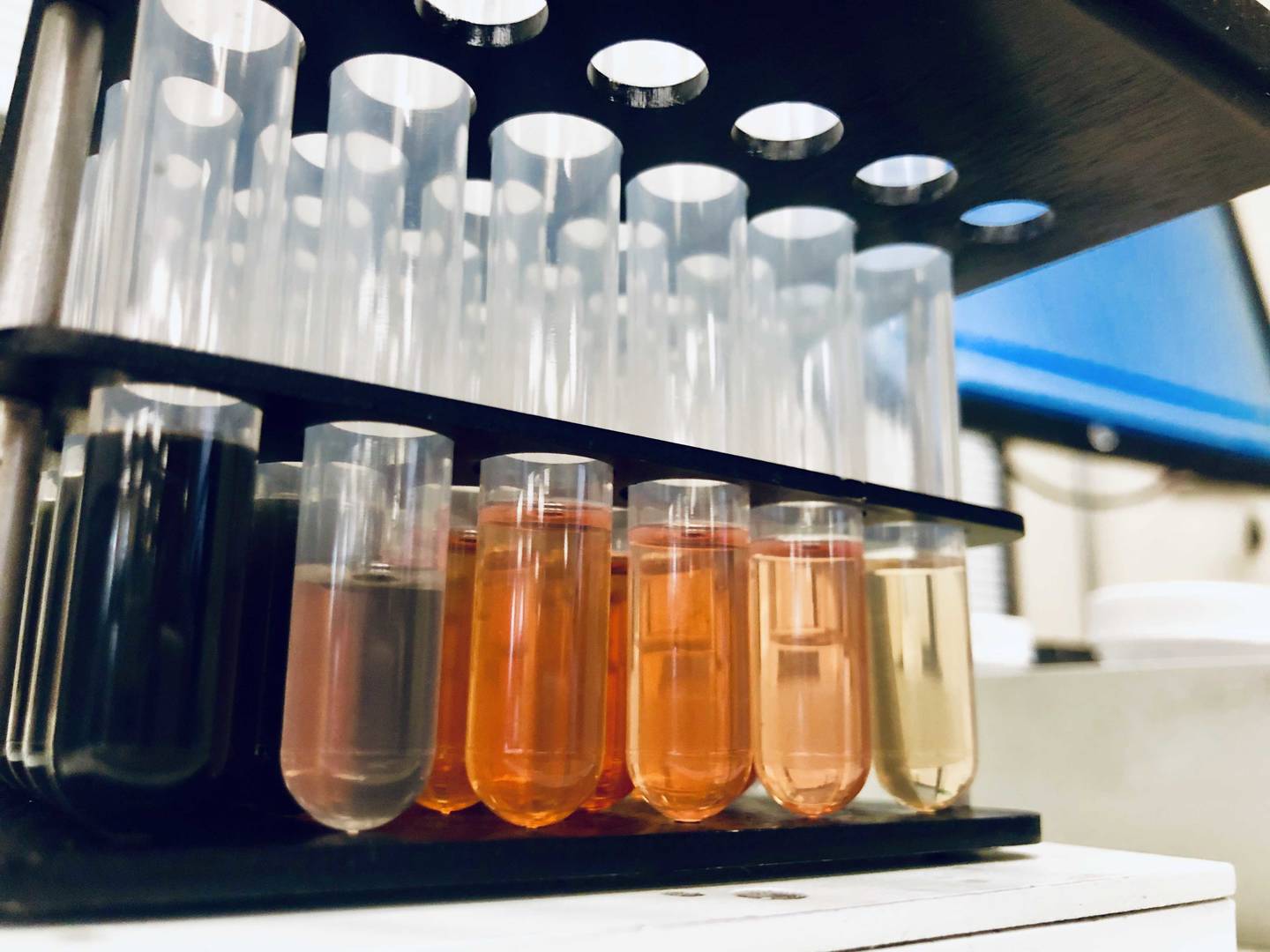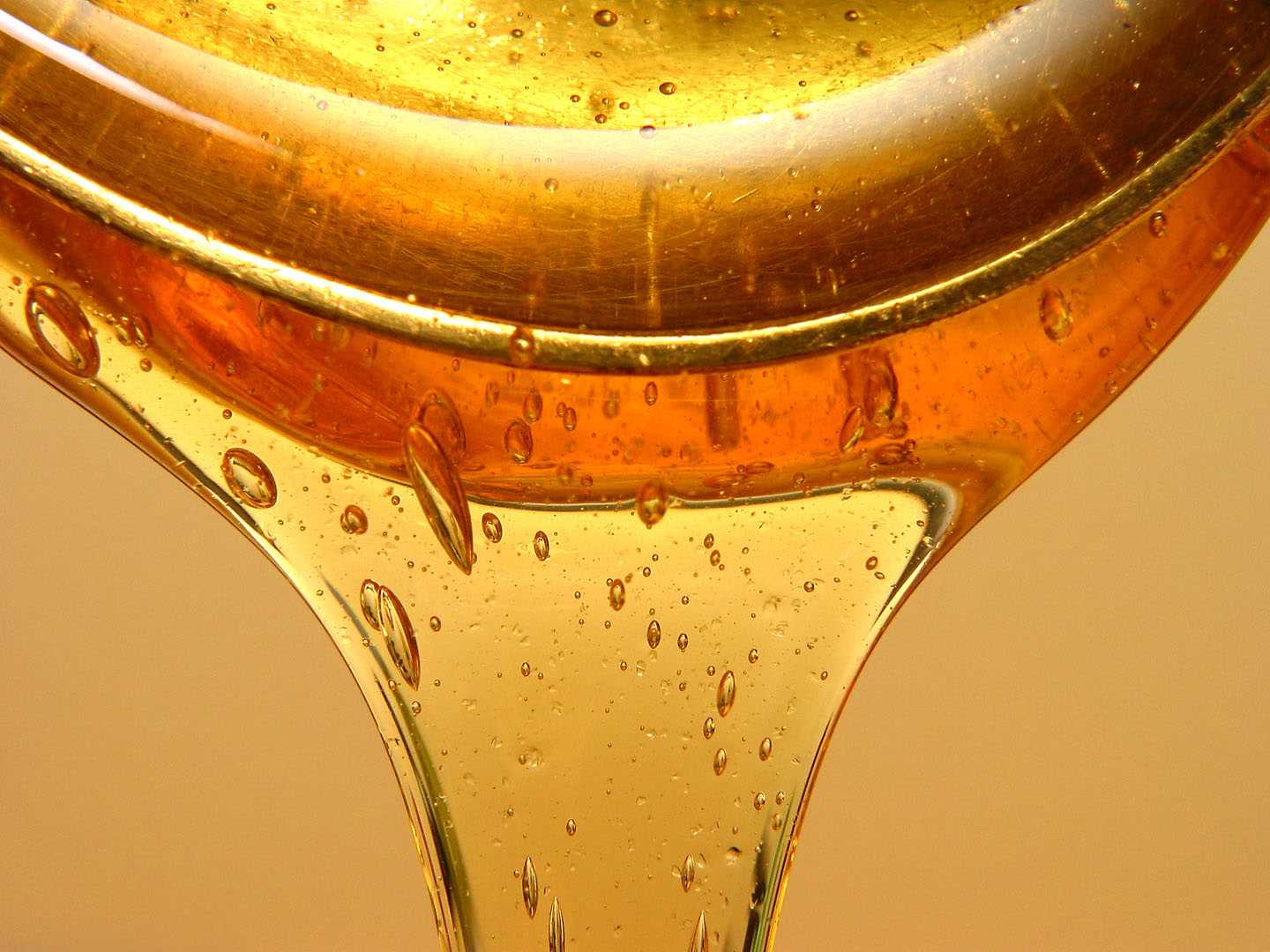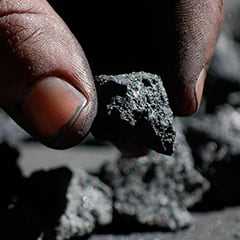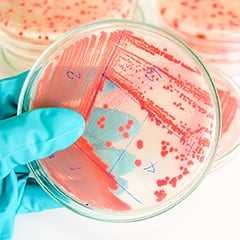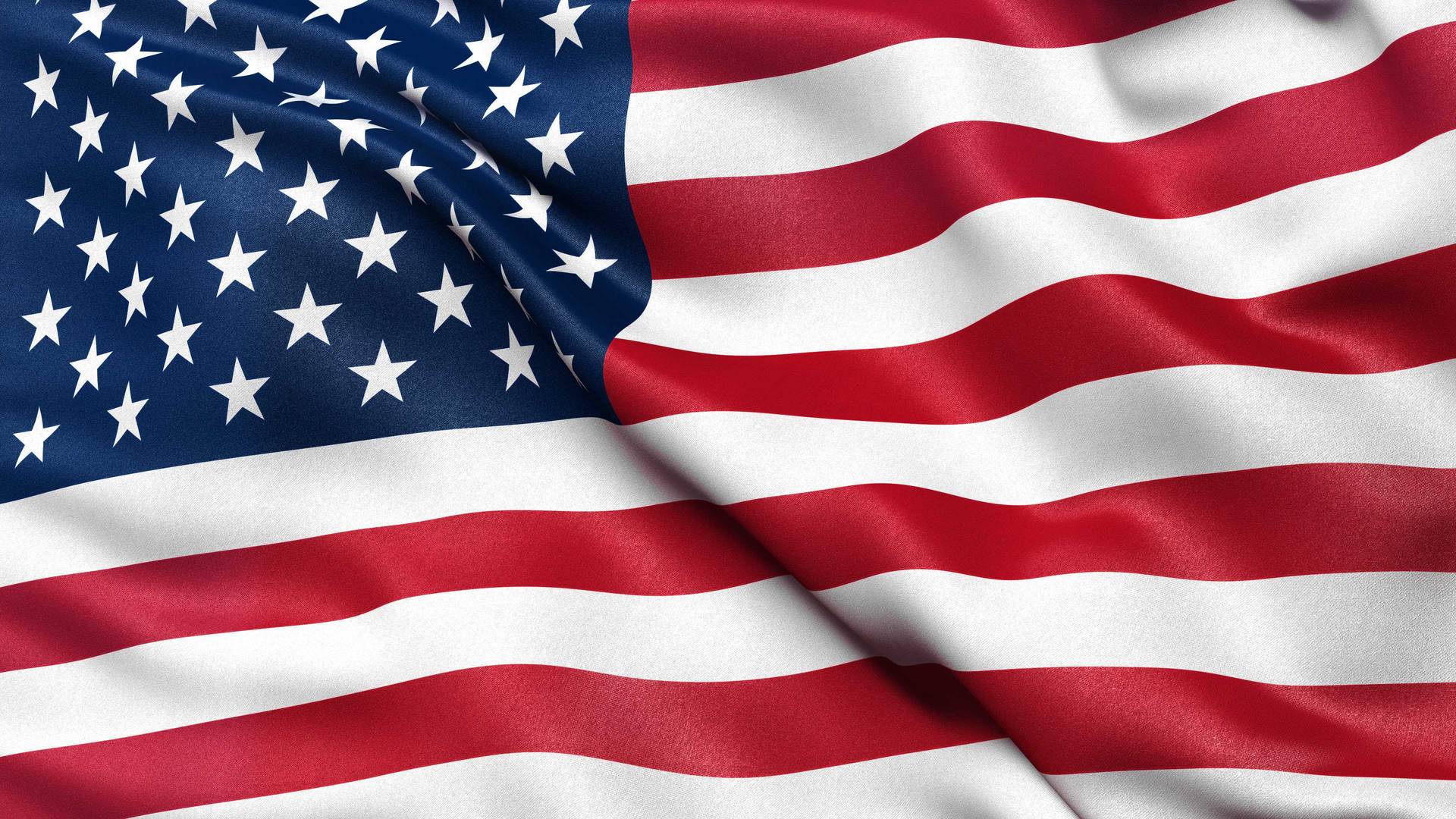MoCRA Guide: Exploring the Modernization of Cosmetics Regulation Act
Compliance Assurance: Available Testing Services for MoCRA and Cosmetics Regulation
Key Highlights of MoCRA and Its Impact on Cosmetics Industry

Register for our FREE webinar (13 Mar.)
SIGN UP |
MoCRA aims to strengthen the oversight of cosmetic (see definition below) products by establishing premarket review and reporting requirements for ingredients used in the manufacturing process. Aside from strengthening the authority of the FDA, MoCRA also targets hazards and risks which include significant underreporting of adverse health events, and lack of communication on chemical ingredients and product use risks. The act is meant to be additive to all other currently enforced regulations.
Definitions
Responsible Person (RP) - The manufacturer, packer, or distributor of a cosmetic product whose name appears on the label or such cosmetic product.
Cosmetic Product - A preparation of cosmetic ingredients with a qualitatively and quantitatively set composition for use in a finished product.
Facility - The term ‘facility’ includes any establishment (including an establishment of an importer) that manufactures or processes cosmetic products distributed in the United States. Such term does not include any of the following:
- Beauty shops and salons, unless such establishment manufactures or processes cosmetic products at that location.
- Cosmetic product retailers, including individual sales representatives, direct sellers (as defined in section 3508(b)(2) of the Internal Revenue Code of 1986), retail distribution facilities, and pharmacies, unless such establishment manufactures or processes cosmetic products that are not sold directly to consumers at that location.
- Hospitals, physicians’ offices, and health care clinics.
- Public health agencies and other nonprofit entities that provide cosmetic products directly to the consumer.
- Entities (such as hotels and airlines) that provide complimentary cosmetic products to customers incidental to other services.
- Trade shows and other venues where cosmetic product samples are provided free of charge.
- An establishment that manufactures or processes cosmetic products that are solely for use in research or evaluation, including for production testing and not offered for retail sale.
- An establishment that solely performs one or more of the following with respect to cosmetic products: Labeling, Relabeling, Packaging, Repackaging, Holding and Distributing.
Adverse Event (EV) – Any health-related event associated with the use of a cosmetic product that is adverse.
Serious Adverse Event (SAE) – An event (A) that results in death; a life-threatening experience; inpatient hospitalization; a persistent or significant disability or incapacity; a congenital anomaly or birth defect; an infection; or significant disfigurement (including serious and persistent rashes, second- or third- degree burns, significant hair loss, or persistent or significant alteration of appearance), other than as intended under conditions of use that are customary or usual; or (B) that requires, based on reasonable medical judgement, a medical or surgical intervention, to prevent an outcome described in event (A).
The Scope of the Act
The scope of the MoCRA is vast and applies to all cosmetics manufacturers, importers, marketers, and distributors, as well as to all types of cosmetics products. The Act also applies to the ingredients used in cosmetics products, as well as to the manufacturing methods used to produce them.
The Act requires that manufacturers adhere to strict current Good Manufacturing Practices (cGMPs). This includes ensuring that the manufacturing process is documented and that manufacturing facilities are regularly inspected and monitored by the FDA. Additionally, all ingredients used in cosmetics products must be certified as safe and must be properly labeled.
- Professional use cosmetics should bear specific labelling information before 29 December 2023
- A domestic address, domestic phone number, or electronic contact information through which the RP can receive adverse event reports is required on product’s label before 29 December 2024.
The Act also requires that manufacturers register their facilities and products with the FDA. In addition to registering their facilities and products, manufacturers must also provide a list of all cosmetics products they offer. The following provides a high-level overview of some of the key provisions that may affect you.
What is Pharmacovigilance in cosmetics and what does it entail?
Pharmacovigilance is the monitoring and reporting of adverse events associated with the use of a particular medicine or cosmetic product. Under the Modernization of Cosmetics Regulation Act of 2022, manufacturers are required to set up a pharmacovigilance system to monitor and report any adverse events associated with their products. This system must include mechanisms for receiving, evaluating, and responding to reports of adverse events associated with their products. The pharmacovigilance system must also include processes for collecting, analyzing, and reporting information on adverse events to the FDA.
In addition to setting up a pharmacovigilance system, manufacturers must also submit reports to the FDA on any serious adverse events associated with their products. These reports must provide detailed information on the events, including the date, time, location, and severity of the event, as well as any corrective actions taken.
- From 29th December 2023, RP must submit serious adverse events along with a copy of the label to FDA within 15 business days after a report is received.
- Each serious adverse event report should be kept for six years (exemptions apply for small businesses).
What are cGMP requirements and how do they impact the manufacturing process?
cGMP (current Good Manufacturing Practices) requirements are set by the FDA and are designed to ensure that cosmetics products are safe and effective. The cGMP requirements specify detailed standards for the manufacturing process, including the type and amount of ingredients used, the manufacturing process itself, and the testing of products.
Manufacturers must adhere to cGMP requirements to ensure that their products are safe and effective. This includes documenting the manufacturing process, conducting regular internal inspections/audits of the manufacturing facility, and regularly testing products to ensure that they meet the required standards.
What is facility registration and how does it work?
Facility registration is a process by which manufacturers register their manufacturing facilities with the FDA. This process requires that manufacturers submit detailed information about their facilities, including the type and size of the facility, the location of the facility, the types of products manufactured at the facility, and the manufacturing processes used. The FDA then reviews this information and either approves or rejects the registration.
- Existing facilities manufacturing or processing cosmetics in the US must register with the FDA before 29 December 2023.
- Facilities manufacturing or processing cosmetics in the US for the first time after 29 December 2022 have an additional 60 days to register (February 28 2024)
- FDA registration should be renewed every two years
- Exemptions apply for small businesses
Update 08/07/2023: FDA has published a new guidance on facility registration. See link below.
https://www.fda.gov/news-events/press-announcements/fda-issues-draft-guidance-registration-and-listing-cosmetic-product-facilities-and-products
What is product listing and why is it important?
Product listing is a process by which manufacturers submit a list of all cosmetics products that they offer for sale to the FDA. This list must include detailed information about each product, including the product name, ingredients, and manufacturing process. This information is then used by the FDA to ensure that the products are safe and effective.
Product listing is important because it allows the FDA to track the products and ingredients used by manufacturers. This helps to ensure that manufacturers are using safe and effective ingredients, and that they are adhering to cGMP requirements.
FDA has been granted recall authority cosmetics:
The MoCRA regulation has now been given legal authority to require a mandatory recall of cosmetics. If FDA determines that the cosmetic product maybe adulterated or misbranded under the Food and Drug Cosmetics Act (FDCA) and exposure to the product may cause serious adverse health effects.
- FDA may order a mandatory recall if an RP refuses to or does not voluntarily cease distribution or recall a cosmetic within the time and manner requested.
What testing services are available to ensure compliance with the act?
The Modernization of Cosmetics Regulation Act of 2022 requires that manufacturers adhere to strict cGMP requirements. To ensure MoCRA compliance, manufacturers can use a variety of testing services, such as analytical chemistry, clinical safety and efficacy, microbiology, stability and toxicology services offered by ALS. ALS can test raw materials and finished products for a variety of assays, including fragrances, allergens, impurities such as benzene and 1,4-dioxane, polyfluoroalkyl substances (PFAS), heavy metals – arsenic, cadmium, lead, mercury, active ingredients such as zinc oxide.
ALS can also provide manufacturers with detailed reports on their products and ingredients, as well as provide recommendations for any changes that may be needed to ensure compliance with cGMP requirements. Additionally, ALS can help manufacturers identify and resolve any issues that may be causing non-compliance.
Small Business Accommodations
MoCRA allows a number of exceptions for small businesses.
- cGMP regulations issued by FDA under the ACT must offer flexibility, simplified requirements and longer compliance period for small business
- A very small business (If their average gross annual sales for the previous 3-year period is less than $1,000,000) are exempt from newly-added section 606 (for cGMP) and 607 (registration and listing).
A very small business with regard to section 605, must maintain records of any health-related adverse events associated with the use of a product for three years, rather than six years.
Immediate Ramification to the ACT
While the act was recently passed and given some time before it is implemented, ALS has noticed a higher frequency of facility audits by FDA. These audits of “Over-the-counter” (OTC) manufacturing facilities have resulted in a number of warning letters. For your convenience, the link to the FDA warning letter site is listed below.
https://www.fda.gov/inspections-compliance-enforcement-and-criminal-investigations/compliance-actions-and-activities/warning-letters
- Failure to investigate out of specification results 21 CFR 211.192
- Failure to establish laboratory controls that include scientifically sound and appropriate specifications, standards, sampling plans and test procedures designed to assure that components, drug product containers, closures, in-process materials, labeling, and drug products confirm to appropriate standards of identity, strength, quality and purity -21 CFR 211.160(b)
- Failure to establish adequate written procedure for production and process control
- Failure to validate manufacturing process and water systems
- Failure to maintain buildings - 21 CFR 211.58
- Failure of quality control unit to exercise its responsibility- 21 CFR 211-22
It is expected that once FDA finalizes the cGMP guidelines for cosmetics, inspection of facilities will may result in similar findings.
It is highly recommended to review and perform a gap analysis of the current labeling, safety and current good manufacturing practices of your cosmetics and facilities.
Key MoCRA requirements Timeline
|
Provision |
2023 |
2024 |
2025 |
|
Product Listing |
December 2023 |
||
|
Facility Registration |
December 2023 (FDA has published new guidance providing recommendations and instructions to assist persons submitting cosmetic product facility registrations and product listings.) |
||
|
Adverse Events |
December 2023 |
||
|
Safety Substantiation |
December 2023 (currently per FD&C act cosmetics are expected to be safe or it must be labeled that safety has not been substantiated) |
||
|
Labeling |
|
December 2024 |
|
|
Talc Rule |
|
July 2024 |
|
|
Fragrance Allergen Rule |
|
December 2024 |
|
|
GMP Rule |
|
|
December 2025 |
|
PFAS in Cosmetics Report |
|
|
Issue report by 29 December 2025 |
How can ALS assist you?
The Modernization of Cosmetics Regulation Act of 2022 is a sweeping change to the regulations and standards governing the cosmetics industry. To learn more about Cosmetics industry regulations and the requirements they impose, contact us. Please call 310 214-0043 or send an inquiry to mocra.info@ALSGlobal.com. One of our client service representatives will call you.
Helpful Links:
- https://www.fda.gov/cosmetics/cosmetics-laws-regulations/modernization-cosmetics-regulation-act-2022
- https://www.congress.gov/117/bills/hr2617/BILLS-117hr2617enr.pdf






